Automation in the food industry
Due to enormous competition, the food industry is characterized by high development pressure. The consumer's desire for enjoyment and health awareness is coupled with the need for regionality. Topics that are considered particularly important are food safety, production safety, data security, product quality, sustainability and digitalization.

Investments and trends
In the food industry, the aspects of resource efficiency and sustainability are increasingly becoming the focus of responsible and economical trade.
According to a study by DLG, most investments are currently being made in the areas of energy management, waste prevention through process improvement, and new technologies to reduce water, cooling, heat, and electricity loads. Other current trends include clean labels, predictive maintenance, alternative heating methods, smart factory and big data.
3 innovative technologies at a glance:

Robotics
The need for robotics in food production and packaging is increasing, mainly due to high flexibility requirements and general consumer trends. The desire to ensure security of supply is also another driver of automation triggered by the Corona pandemic. Robotics is mainly used in the areas of producing, packaging, palletizing and picking. The advantage for the food industry is minimizing the presence of employees and avoiding potential contamination.

3D printing
3D printing of food is characterized primarily by its high quality and precision while significantly reducing food waste. Thus, 3D printing represents an emerging opportunity for food production.

Smart packaging
Smart packaging, unlike conventional packaging, offers the ability to monitor product condition – without an expiration date. The sensors contained in smart packaging detect bacterial growth as well as changes in temperature and gas composition. These changes can be made visible with the help of visual indicators. This means that not only can the quality and safety of the food be guaranteed, but food waste can also be greatly reduced.



